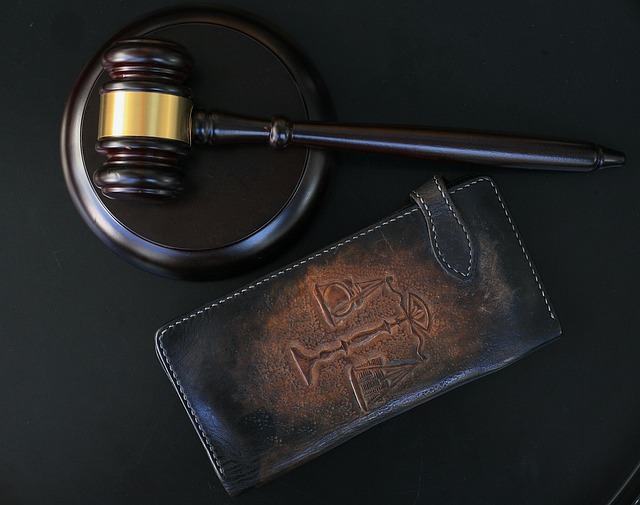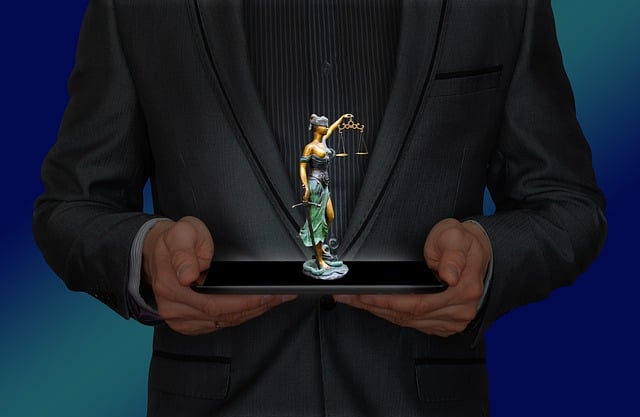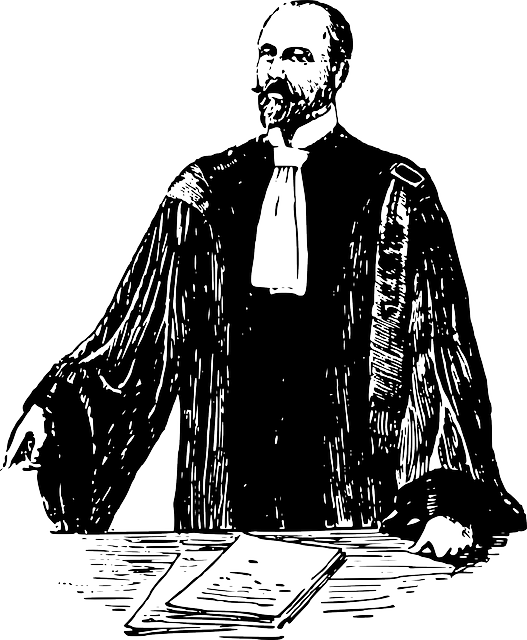Whistleblower Protection Lawsuits are a powerful legal tool against prosecutorial misconduct and ethical violations within organizations, promoting integrity and accountability. These lawsuits protect employees who expose fraud, corruption, or environmental violations from employer retaliation, ensuring justice in white-collar cases. Experienced defense lawyers navigate complex cases, exposing prosecutorial misconduct and protecting clients' rights. High-profile cases highlight the need for strong whistleblower protection laws, with successful legal advocacy securing substantial compensation and fostering a broader understanding of these violations. Individuals initiating such lawsuits must document allegations and consult seasoned attorneys to ensure compliance with legal procedures for optimal case outcomes.
Whistleblower Protection Lawsuits: Safeguarding Truth-Tellers in a Complex Legal Landscape
In today’s world, whistleblowers play a crucial role in exposing wrongdoing within organizations and government agencies. This article explores the legal framework surrounding whistleblower protection lawsuits, focusing on key aspects such as prosecutorial misconduct and ethical violations. By delving into real-world cases, we examine how these issues shape the legal landscape, guiding readers through the process of navigating and filing whistleblowing lawsuits.
- Understanding Whistleblower Protection Lawsuits: A Legal Framework
- Prosecutorial Misconduct: When Public Servants Overstep Boundaries
- Ethical Violations in Action: Cases That Shaped the Landscape
- Navigating the Legal Process: Steps for Filing a Lawsuit
Understanding Whistleblower Protection Lawsuits: A Legal Framework

Whistleblower Protection Lawsuits are a crucial legal framework designed to safeguard individuals who expose unethical or illegal activities within their organizations. These lawsuits play a pivotal role in combating prosecutorial misconduct and ethical violations, ensuring accountability and providing a mechanism for justice. When employees, former employees, or contractors uncover wrongdoings, they often face significant risks, including retaliation from employers.
The legal protection offered by whistleblower laws is essential for fostering an environment of integrity and transparency. These laws not only protect whistleblowers but also encourage them to come forward with knowledge of criminal activities, such as fraud, corruption, or environmental violations. In the context of white-collar defense, a specialized area focusing on financial crimes, successful whistleblower protection can lead to winning challenging defense verdicts, ensuring that justice prevails in cases involving complex legal and ethical issues.
Prosecutorial Misconduct: When Public Servants Overstep Boundaries

In the realm of whistleblower protection lawsuits, understanding prosecutorial misconduct is paramount. Public servants, in their pursuit of justice, must adhere to strict ethical guidelines. However, when they overstep boundaries and engage in unethical practices, it not only undermines the integrity of legal proceedings but also hampers the very essence of a fair system. Such misconduct can range from excessive use of force or coercion during investigations to fabricating evidence or ignoring due process rights.
These actions, often driven by personal biases or a desire for selective justice, pose significant challenges to general criminal defense strategies. Yet, experienced lawyers dedicated to winning challenging defense verdicts possess the acumen to navigate these complex cases. By examining the facts thoroughly and presenting compelling arguments, they can safeguard their clients’ rights and ensure that justice is served in accordance with the law, not personal agendas or ethical violations.
Ethical Violations in Action: Cases That Shaped the Landscape

Whistleblower protection lawsuits often expose profound ethical violations that have shaped the legal landscape regarding prosecutorial misconduct. High-profile cases have highlighted the importance of safeguarding individuals who bring to light unethical practices and wrongdoing within organizations. For his clients, these suits represent a winning challenging defense strategy against powerful entities.
The court records of these landmark cases reveal instances where prosecutors abused their power, leading to significant consequences for whistleblowers. Through relentless advocacy, legal teams have secured substantial compensation and justice for their clients, ensuring that those who risk everything to expose corruption are not left vulnerable. This has resulted in a broader understanding of ethical violations and the necessity of robust whistleblower protection laws in various sectors.
Navigating the Legal Process: Steps for Filing a Lawsuit

Navigating the legal process for filing a whistleblower protection lawsuit involves several key steps. First, individuals must gather comprehensive documentation detailing the alleged prosecutorial misconduct and ethical violations they faced while reporting wrongdoings within their organizations. This includes evidence of their good faith efforts to address the issues internally, as well as any retaliation or adverse actions taken against them.
Next, potential plaintiffs should consult with experienced white collar defense attorneys who can guide them through all stages of the investigative and enforcement process. These legal experts will help determine the strongest course of action, whether it involves negotiating a settlement with relevant authorities or proceeding to litigation across the country. They ensure that the lawsuit is filed within applicable statutes of limitations and complies with specific procedural requirements, enhancing the chances of a favorable outcome.
Whistleblower Protection Lawsuits play a crucial role in holding public servants accountable for acts of prosecutorial misconduct and ethical violations. By understanding the legal framework outlined in this article, individuals can navigate the process to protect their rights and expose wrongdoings. Recognizing and pursuing these cases is essential to maintaining integrity within institutions and ensuring justice for all.






